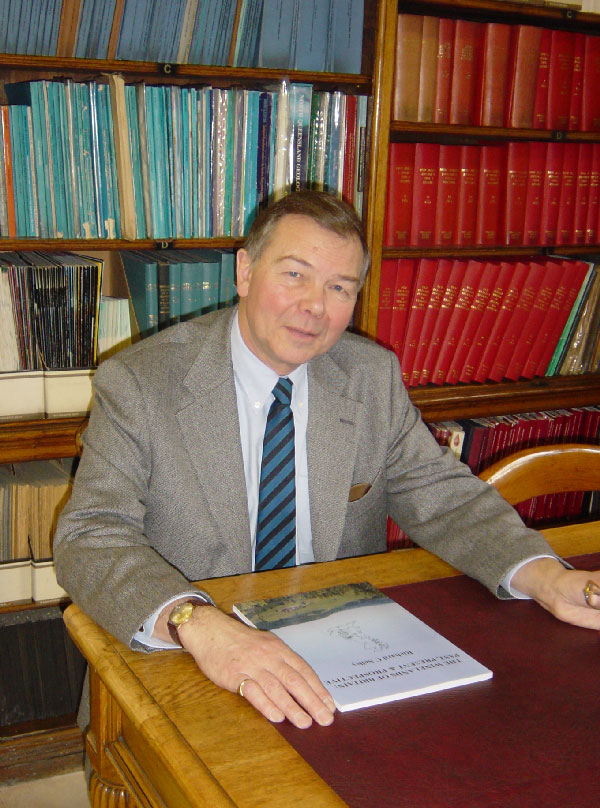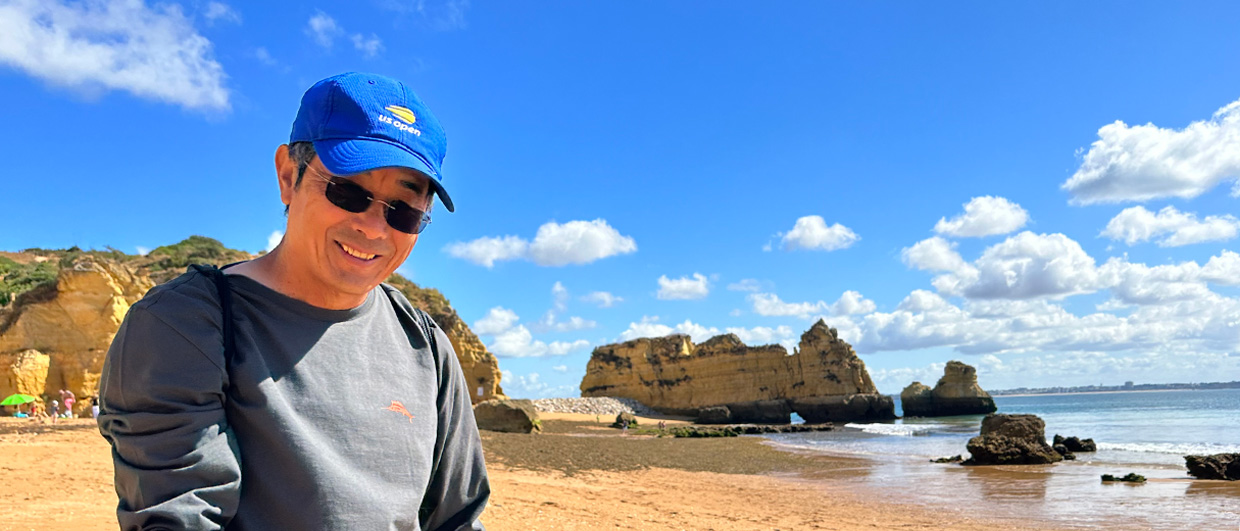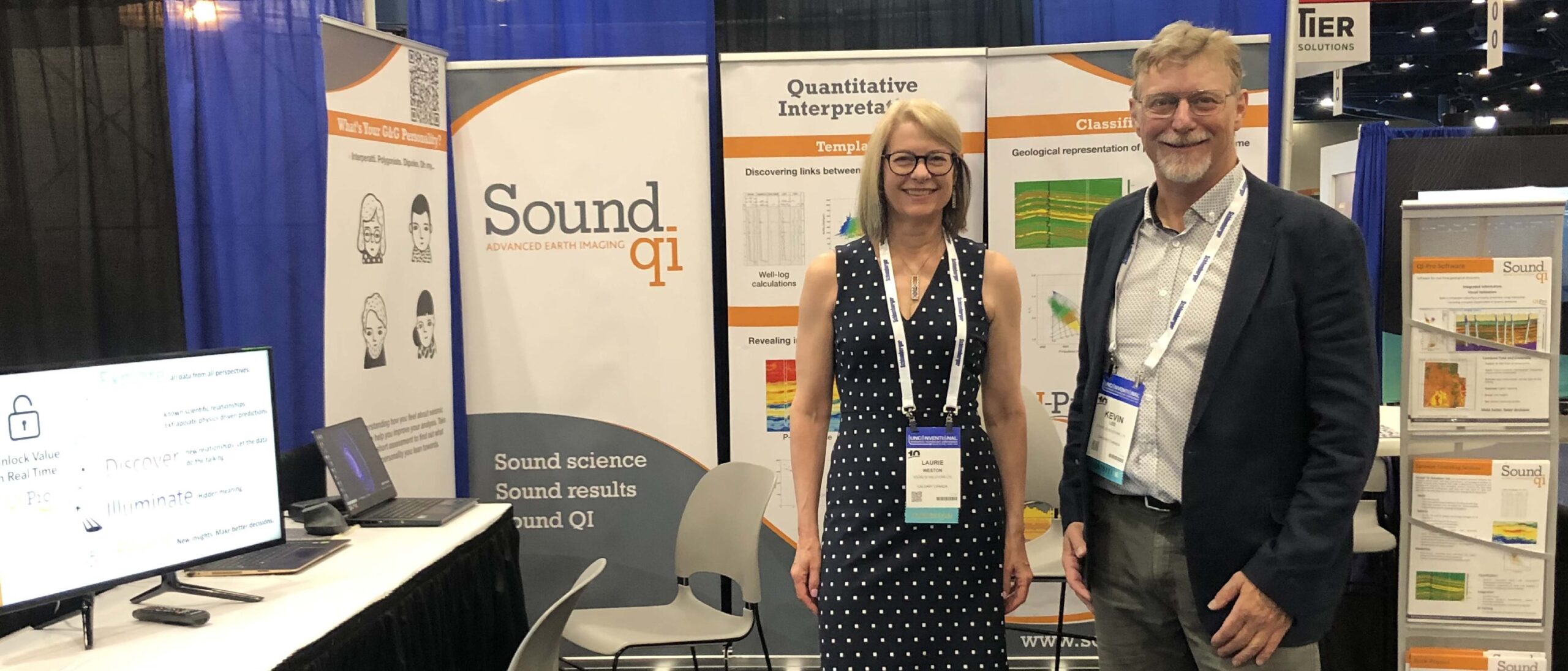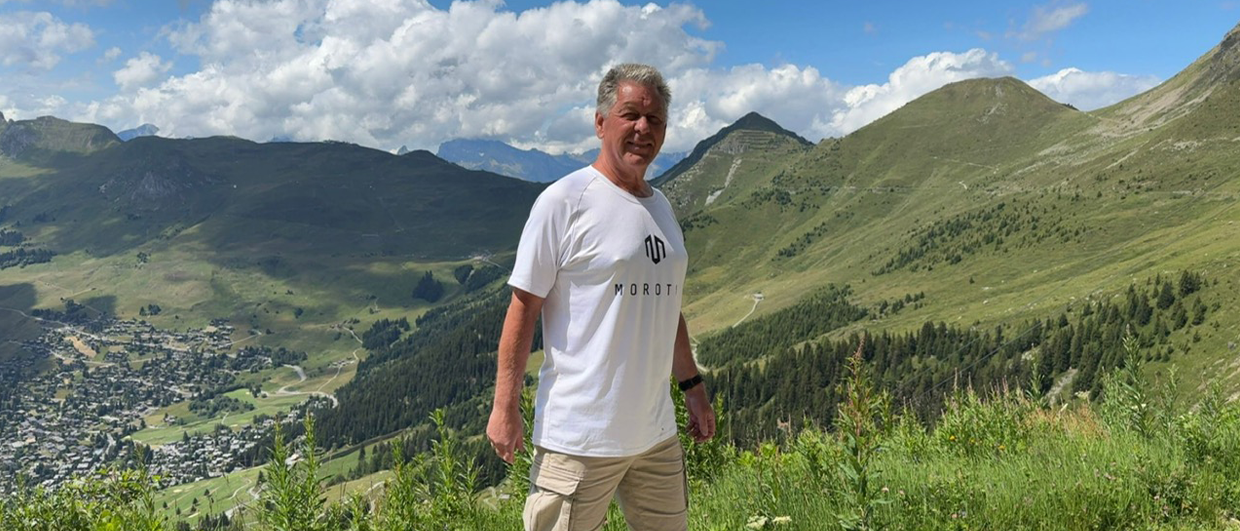Tell us about the history of the Imperial College petroleum geology course
Petroleum geology began at Imperial College (IC) in a small way with a course of lectures in 1911. This was so popular that a four-year degree course in Oil Technology was established in 1913. Vincent Illing, a 23-year-old Natural Science graduate from Cambridge, was appointed to run the programme. The course taught all aspects of petroleum exploration and production, from plane table topographic and geological mapping to how to build a drilling rig (‘make sure that the timber is well-seasoned’) and all aspects of drilling, reservoir evaluation and production. A postgraduate course in petroleum reservoir engineering began in 1955. Postgraduate courses in Petroleum Geology and Exploration Geophysics followed. Today these three courses are run in an integrated 12-month M.Sc. programme.
Is it the oldest course in the world?
No – two courses predate it: the University of Pittsburgh (1910) and the Missouri School of Mines (1912).
How was the centenary celebrated?
On 23–24 September 2013, a symposium of lectures was held at IC. Speakers included the Lords Browne and Oxburgh and many IC staff and distinguished alumni. Apart from an account of the history of oil technology by alumnus and long-serving staff member Mike Ala, the talks focused on the future of petroleum geoscience and technology. After the first day a grand dinner was held in the Earth Science gallery of the Natural History Museum, attended by participants and alumni from all over the world. Two had flown in from Lagos especially for the occasion.
How has post-graduate petroleum geoscience training changed?
Needless to say there have been many changes to the course over the century. Topographic surveying and geological mapping are no longer included. There are still field courses, but little microscopic study of cuttings and cores. Computers have revolutionised the industry, so much time is spent on basin modelling, seismic mapping and reservoir definition and production modelling. Projects are an important part of the course, culminating in the Barrel Award, a team project recently appropriated by the AAPG as the International Imperial Barrel competition.
How important is a post-graduate degree these days?
In the old days a three-year B.Sc. used to be sufficient to be employed by an oil company, especially if followed by a year or two working on the rigs as a mud logger. Today a Master’s degree is generally essential.
Is there enough industry involvement in training?
The IC course is integrated with industry throughout. Many students, both British and foreign, are sponsored by companies. The PESGB also sponsors students. Industry provides data for both the Barrel Award project and for the some 80 solo projects that conclude the course. This involves close liaison between students, staff and industry sponsors, enabling sponsors to talent-spot the brightest students.
Should we not just be learning ‘on the job’?
Major companies often have carefully constructed career development paths for their new recruits. Smaller companies without these programmes value IC recruits because they are already so well trained that they ‘hit the deck running’ and contribute from day one. Both routes enable advancement to Chartered Engineer and Chartered Geologist status.
 Professor Richard SelleyMasters or doctorate: which helps most?
Professor Richard SelleyMasters or doctorate: which helps most?
A new Ph.D. has spent the last three or four years focused on one small area of research; thus the broadly-trained Masters graduate is generally the preferred recruit. The exception to this rule is where a company may wish to recruit specialist geochemists, micro-palaeontologists, etc.
Does the department engage in research as well as teaching?
Yes, indeed. At present the department carries out research across the whole spectrum of petroleum exploration and production, ranging from sediment supply into sedimentary basins, via organic geochemistry of source rocks, to reservoir characterisation, production technology and carbon capture and storage. In the past the department carried out fundamental research into petroleum generation and migration, and unravelled the complex story of petroleum generation and migration in the Wessex basin. Research in this department identified the shale gas resources of the UK nearly 30 years ago.





